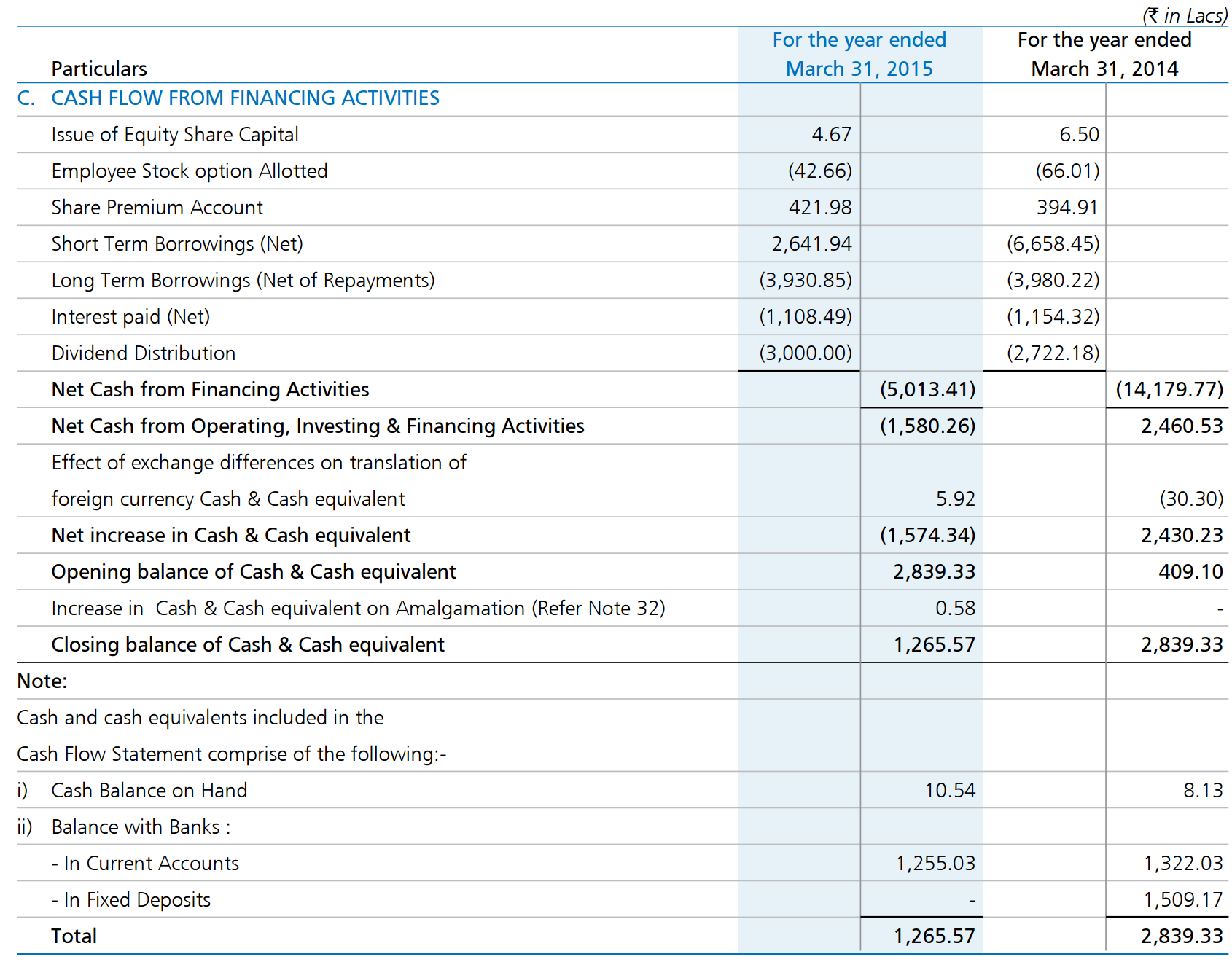


They do so, for example, by incentivising clients of the company to pay back their debt earlier, by making the company pay its own debts later, or by identifying ‘superfluous’ capital used by workers in production and liquidating it.Īt the end of the introductory talk, one of the speakers at the conference raised his hand and made an unexpected remark, expressing a surprisingly moral discourse: The event implicitly aimed to promote the expertise of its organiser, the consultancy firm Flow Consulting, which specialises in the sale of its ‘Cash Package’, a consulting product designed to help client companies ‘generate cash’ by acting on their internal organisation and their external environment. On the 6th May 2015, five chief financial officers (CFOs) of large companies, consultancy firm partners, and investment fund presidents, gathered in a luxurious seminar venue in Paris’ business district in front of a select audience of corporate managers for a conference entitled, ‘The Promise of EBITDA Conversion into Cash: Let’s Share Our Best Practices!’ – promoting what the speakers would refer to throughout the discussion as ‘cash culture’. Considering documentary sources and interviews with consultants, auditors, and private equity fund managers involved in ‘cash flow’ optimisation practices, this paper details this conversion phenomenon and shows how it has relied on the historical elaboration of specific metrological, technical, legal, and moral norms.

Describing this phenomenon as an example of what anthropologists of money call ‘conversion’, this paper highlights how such a conversion process was necessary for the historical development of ‘shareholder value’ policies in corporate finance. In the name of ‘shareholder value’, the various forms of value generated by companies (such as ‘trade credit’) tend to be increasingly transformed into liquid forms of money that are easily distributable to shareholders (‘cash flows’). Following recent works that have underlined the increasing search for liquidity in economic exchange, this article studies how illiquid forms of money are converted into liquid forms by corporate finance actors.


 0 kommentar(er)
0 kommentar(er)
